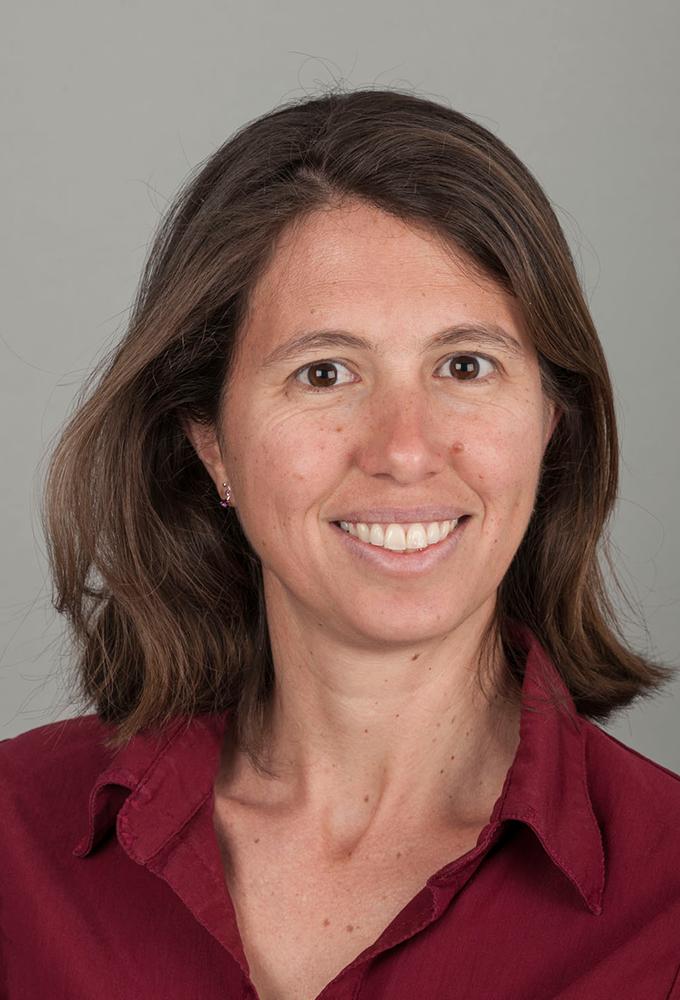Professor for Developmental Genetics - Ruxandra Bachmann-Gagescu
Ruxandra Bachmann is pediatrician, geneticist and long-standing basic researcher in the field of developmental biology. Her research focuses on the mechanisms underlying hereditary developmental disorders and combines human genetics with work in model systems, mainly zebrafish and induced pluripotent stem cells (iPSC).

What is your scientific background, and what’s your recent research about?
As a physician by training, I have channeled my fascination for developmental biology and genetics towards trying to understand the pathomechanisms underlying hereditary (neuro-)developmental disorders. A special focus of interest in my lab are primary cilia, quasi ubiquitous cellular organelles acting as cellular antennae that sense signals from the environment and transduce them to the cell to control cell behaviour. Dysfunction of cilia leads to a group of human disorders called ciliopathies, which often involve the central nervous system. To study the role of cilia and the consequences of their dysfunction, we combine insights from human genetics with model systems such as zebrafish or, more recently, iPSC-derived models.
What are your visions for the future regarding working with iPSCs?
iPSCs provide the unique opportunity of studying human neurons derived from patients, which are otherwise not easily accessible. The past decade has witnessed a dramatic increase in the number of protocols available to generate a large variety of neuronal types in 2D and 3D culture systems. To fully harness the potential of this system, we now need to increase the throughput of the experiments, from the reprogramming of patient cells into iPSCs over the differentiation protocols all the way to the analysis pipelines. I believe that through generating larger scale experiments we can correct for the inherent variability of patient-derived cells and draw biologically meaningful conclusions.
What is your research focus within the URPP AdaBD?
Dysfunctional cilia can cause brain malformations and/or intellectual disability, suggesting an important role of this cellular antenna in neuronal function. Our primary interest is therefore to study how mutations in ciliary genes affect brain development, neuronal function and the establishment of neural circuits. Beyond this work in my lab, we also host the iPSC platform seed of the URPP, which aims at promoting the use of iPSC-derived neuronal models for neuroscience.
Short CV
2023-current: Associate Professor for developmental genetics, URPP AdaBD Professorship
2017-2023: SNSF Assistant Professor
2013-2017: SNSF Ambizione Junior Group Leader, hosted in the laboratory of Stephan Neuhauss
2011-2012: Acting Assistant Professor and attending physician in Medical Genetics, Seattle Children’s Hospital / University of Washington Department of Pediatrics
2008 - 2011: Residency and Research Fellowship Medical Genetics, University of Washington, Seattle
2004 - 2007: Residency and Fellowship Pediatrics, Geneva University Hospital, Switzerland
2001- 2003: Postdoctoral Research, lab of Dr Cecilia Moens, Fred Hutchinson Cancer Research Center, Seattle
1998 – 2001: Residency Pediatrics, Geneva University Hospital, Switzerland